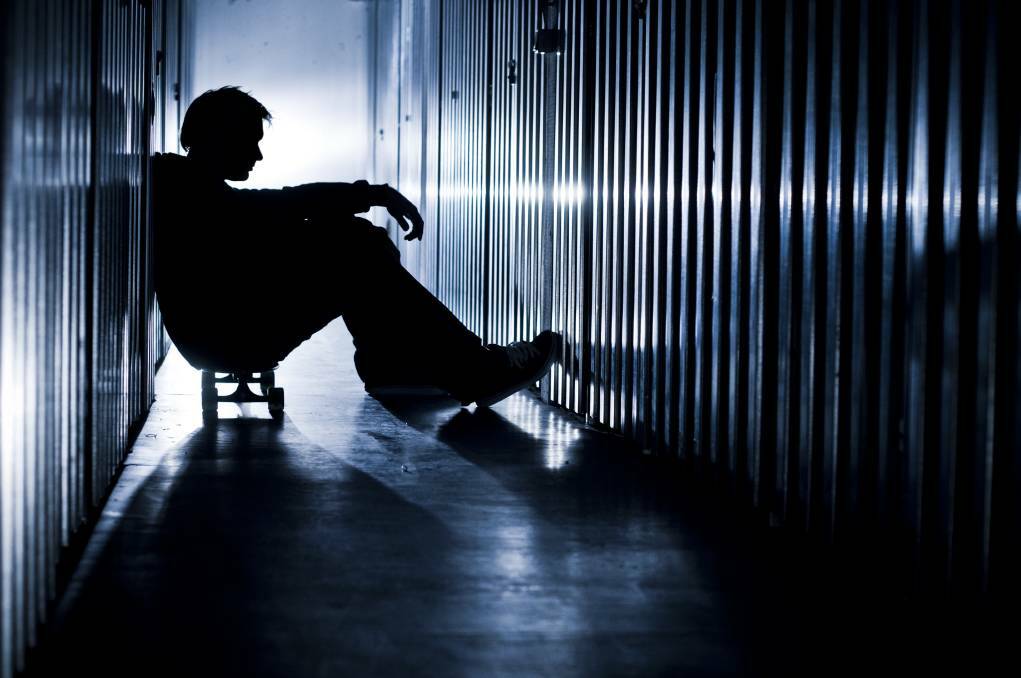
Warrnambool teenager Eddie* had suicidal and self-harm thoughts but the 19-year-old experienced significant difficulties accessing mental health services.
Subscribe now for unlimited access.
$0/
(min cost $0)
or signup to continue reading
They tried to access support at Warrnambool Base Hospital and begged for an alternative to remaining at home, emphasising one more night in that bedroom, would have been catastrophic.
The mental health team said it had no space and Eddie, not their real name, overheard someone making a flippant comment.
They felt the services were inaccessible and didn't provide support at a critical time.
Eddie's story is just one of many distressing anecdotes presented to the Royal Commission into Victoria's Mental Health System.
Others in the community have reported being turned away from the region's stretched and under-resourced mental health services and in extreme cases it's resulted in a man stabbing his brother and another stealing to get food.
The final report from the royal commission was handed down on Tuesday, finding the state's mental health system operated in crisis mode, failed the people it was designed to support and required a complete rebuild.
RELATED CONTENT:
South West Healthcare mental health services executive Richard Campion welcomed the findings and said they encompassed many of the key issues raised in the hospital's 55-page submission.
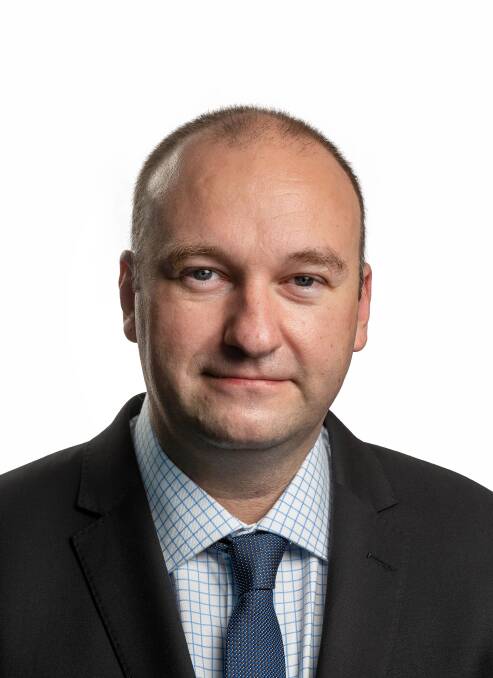
"Both our inpatient and community mental health teams experience high demand for their services, and recruitment to specialist roles within a regional context can be difficult," Mr Campion said.
"The recommendations have identified a number of new functions aimed at providing additional oversight systems, improved outcomes, and more integrated mental health services.
"As the recommendations begin to be planned and implemented, SWH will consider and adapt the funding, location, and expansion of the service delivery profile of its mental health system in line with the opportunities presented by, and the requirements of, the commission.
"Our sights remain firmly on improving the south-west Victorian mental health system and further building on the great outcomes our current teams strive to provide every day, often under difficult circumstances and increasing demand."
Mr Campion said there was a need for increased community-based, person-centric services "where every person gets the care they need, when they need it."
"Accessing specialist children's and older persons' beds and ensuring a smooth transition to these beds in larger centres will be a focus, as will ensuring we continue to provide access to acute beds in Warrnambool when needed," he said.
"To ensure we reflect what south-west mental health consumers need we look forward to working with the community and other stakeholders to utilise the recommendations to provide the best possible mental health services we can."
The state government will deliver at least 100 additional mental health beds by 2026 and Mr Campion hopes some will be delivered in Warrnambool as the region grapples with a high demand for mental health inpatient services.
"Should the opportunity present, we would definitely welcome the potential to expand capacity in our mental health inpatient setting alongside reform and investment across the scope of our mental health service provision," he said.
Incentives to attract mental health specialists to the region will be considered as part of the sweeping reforms.
"Like many regional mental health services, SWH faces ongoing difficulties in attracting experienced mental health staff to the area," Mr Campion said.
"We have an outstanding group of dedicated staff, but we need more.
"We welcome any recommendations that will assist rural and regional areas to attract workers and continue to encourage people in our local communities to consider a rewarding career in mental health services."
SWH's submission to the royal commission included issues around youth and Aboriginal mental health services.
Gunditjmara chief executive Ashley Couzens said the current system was not compatible with Aboriginal approaches to health.
A story about a Portland Indigenous teenager who ended his life after four attempts highlighted the need for support closer to home and on Country.
His mother shared with the commission how difficult it was to fight through a system that was not set up for young adolescent males from a rural area, particularly those who were Aboriginal.
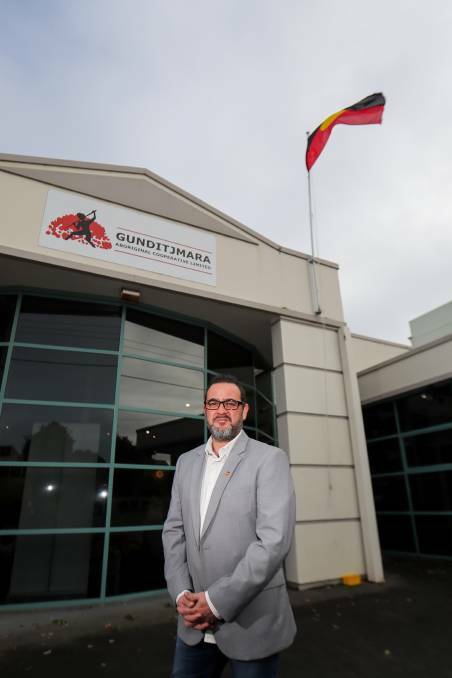
"Aboriginal people are only going to heal properly if they are on Country, there's no point taking them away from Country," Mr Couzens said.
"In my 25 years working in Aboriginal mental health it's evident what needs to change.
"One of the key solutions is establishing healing centres on Country.
"Our people deal with mental health not in a western approach but with a holistic, social and emotional wellbeing view in an Aboriginal context.
"The two can no longer work in silos, I think some of the recommendations are very strong in how we bring those two concepts of mental health together and how we work in unison with mainstream institutions."
The final report lays out 65 recommendations to rebuild the broken system.
"There's no silver bullet or one-day workshop that can fix this," Mr Couzens said.
"Ten years down the track it would be great to walk into a mainstream service like South West Healthcare and see an Aboriginal and non-Aboriginal clinician side-by-side running the assessment.
South-west services say significant investments need to be made for meaningful change to happen in the region.
Building on the case for The Lookout, a dedicated residential rehab centre for the south-west, WRAD operations manager Mark Powell said the need for change and greater investment was long overdue.
In the south-west a lot of work has gone towards building a more capable service system but to sustain these initiatives requires significant investment .
- Mark Powell, WRAD
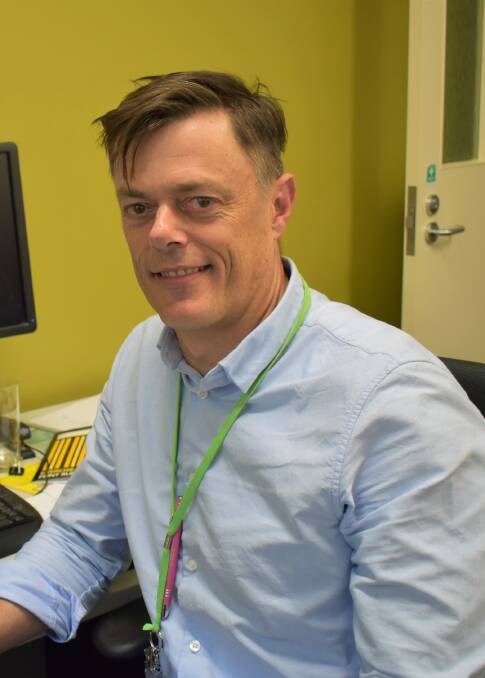
"I have worked in the area of mental illness and substance use for many years," Mr Powell said.
"I have heard from many who have tried to access an already overburdened system and being turned away as very distressing and for some increases that sense of worthlessness at a time when compassion and support is what is required.
"Co-occurring disorders - mental illness and substance use - are the expectation not the exception for clients of mental health and drug treatment agencies.
"In the south-west a lot of work has gone towards building a more capable service system but to sustain these initiatives requires significant investment and commitment from not only mental health and drug treatment services but the many other agencies these issues show up in such as courts, domestic violence services, child protection, homelessness services and emergency departments... the list goes on.
"Capacity within the system needs to be greater to serve the needs of an ever growing demand."
Warrnambool is yet to receive youth mental health beds.
RELATED CONTENT:
The royal commission made two primary recommendations specific to young people including to establish a dedicated service stream for young people by 2022 and that the new services become the preferred providers of headspace centres.
Warrnambool headspace centre manager Anne Waters said the Warrnambool and Portland sites saw around 1300 young people through the doors every year.
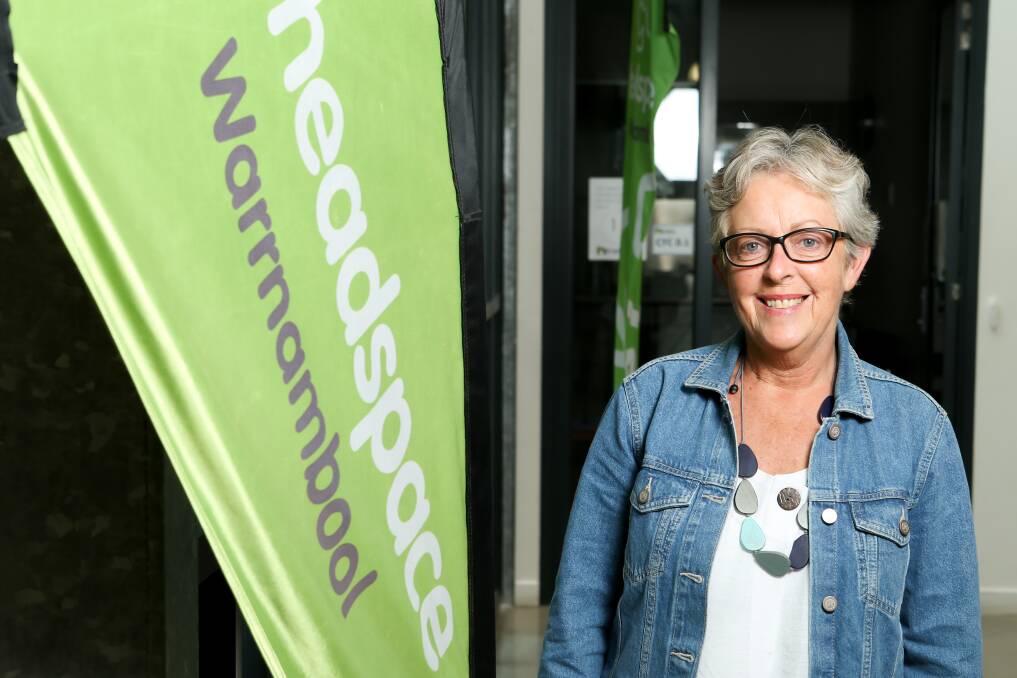
Often there's a wait list because there aren't enough resources to respond to each call for help.
"We would hope that it is going to address some of the gaps in the service system in our region," Ms Waters said.
"Particularly for young people so they can access help early when and where they need it.
"It provides a great opportunity to build on the headspace model and integrate that with mental health services where young people may have more serious mental health problems."
If the whole system isn't working as one you wont have a system that's going to support people when and where they need it.
- Anne Waters, headspace Warrnambool
The headspace model is a youth-friendly and signature model for young people which enables young people get the early confidential and free support that is safe for them to access in their local communities.
"I'm hoping the reforms can enable that service to be available to more young people in the region."
The Youth Affairs Council held a number of consultations in the region, speaking to young people across the south-west including Warrnambool, Camperdown and Portland whose stories were gathered in its submission to the royal commission.
YACVic regional development coordinator Great South Coast Karen Walsh said the final report set a generational roadmap to improve youth mental health.
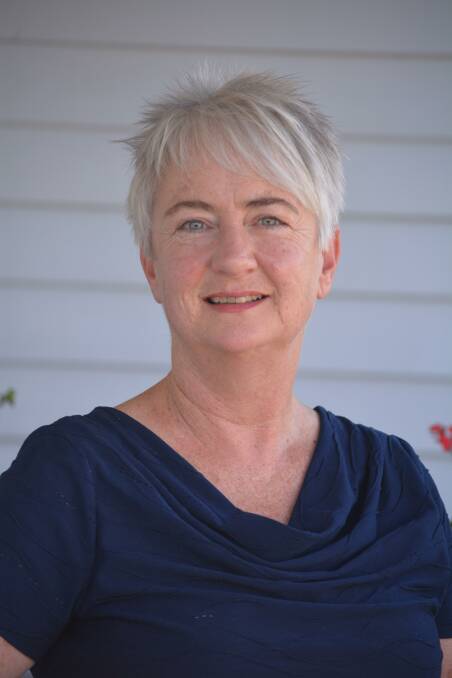
"In the consultations we ran across the Great South Coast young people identified issues like housing and waiting lists for counsellors as having a big impact on their experience and engagement with mental health services," Ms Walsh said.
"Our consultations also highlighted the additional challenges for young people who don't live in a regional centre, and usually have to travel for hours during school hours or work hours just to attend an appointment.
"We thank the royal commission for taking the experiences of young people and youth workers seriously and acknowledging the strong case and need for investment into youth mental health and wellbeing.
"If the recommendations on a dedicated service stream for young people, increase of beds, support for young carers and increased housing support for young people are implemented, this will have a huge long-term impact on youth mental health in our region."
The commission found the experience of poor mental health and wellbeing was different in rural and regional areas.
People living in rural and regional areas can face a number of challenges when accessing treatment, care and support, among them stigma and a lack of local services.
Although the prevalence of mental illness is generally the same as in metropolitan Melbourne, suicide rates are higher in rural and regional Victoria than in the city.
In addition, while the whole system experiences workforce shortages, these are often pronounced in rural and regional areas.
New regional governance structures, which will be known as regional mental health and wellbeing boards, will be phased in over time.
Victorians will have to wait months to see how the state government will fix the system, with substantial funding anticipated in the May Budget.
"At this stage it's hard to comment as both ourselves and key funders continue to work through the detail of the 3000-plus page report and its 65 recommendations. We expect further detail will be provided in upcoming weeks and months," said SWH's Mr Campion.
Have you signed up to The Standard's daily newsletter and breaking news emails? You can register below and make sure you are up to date with everything that's happening in the south-west.


